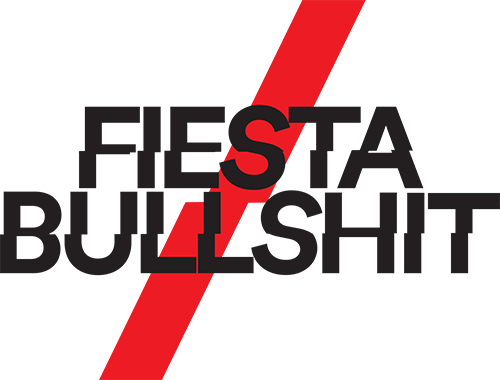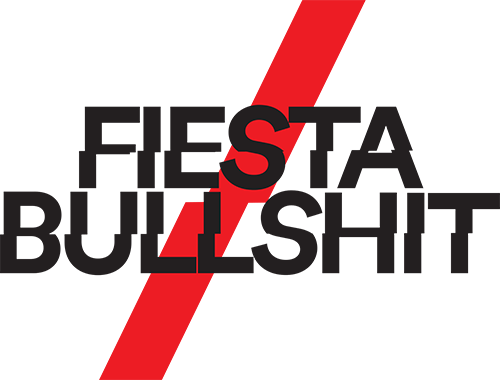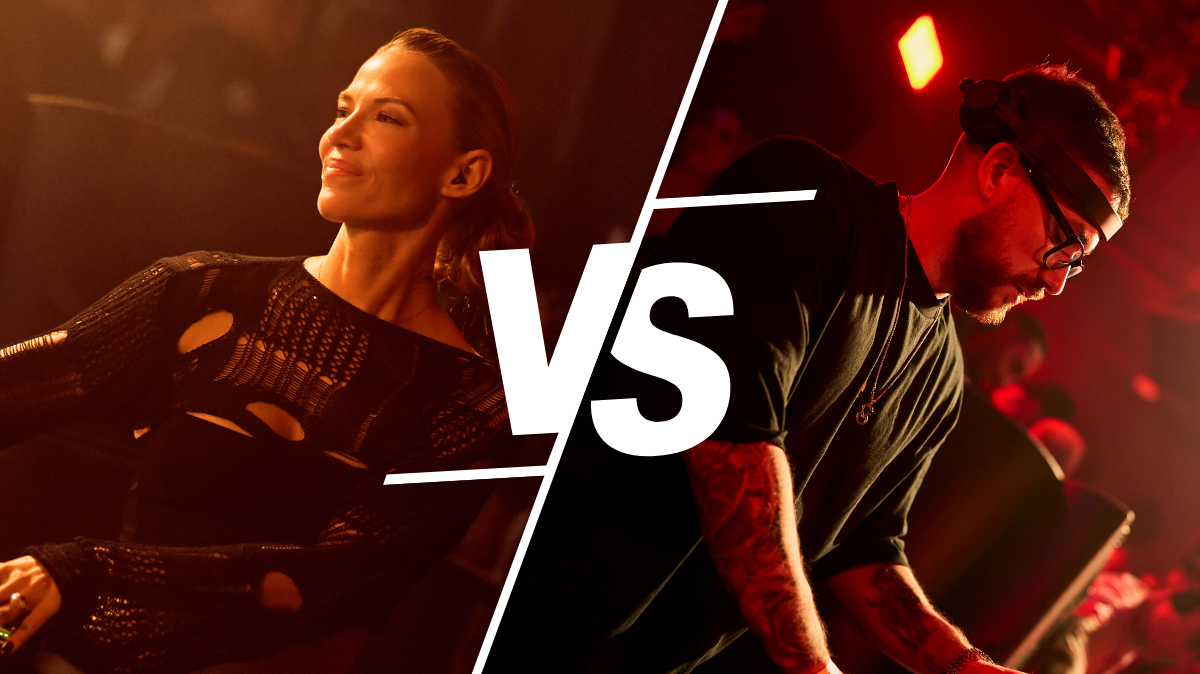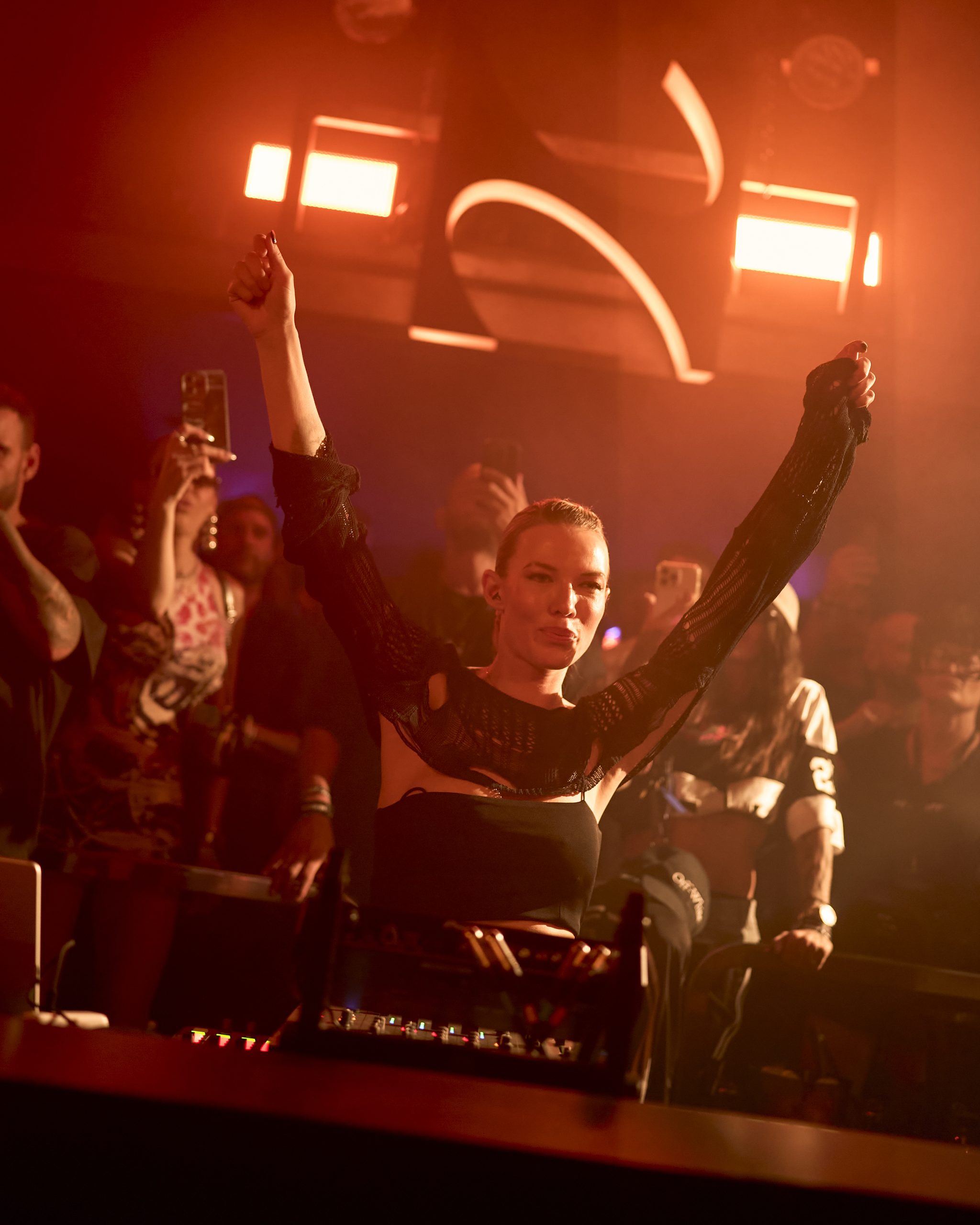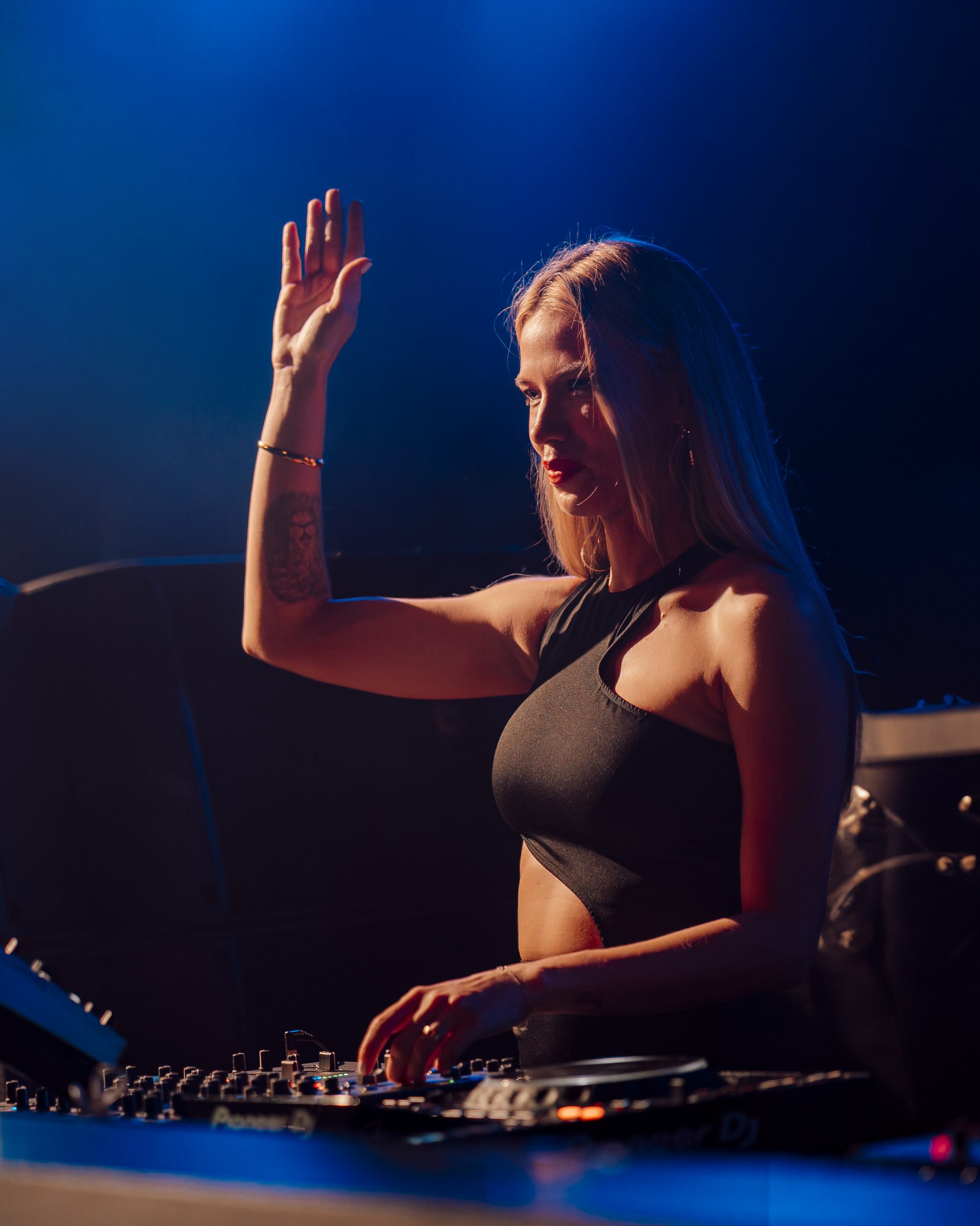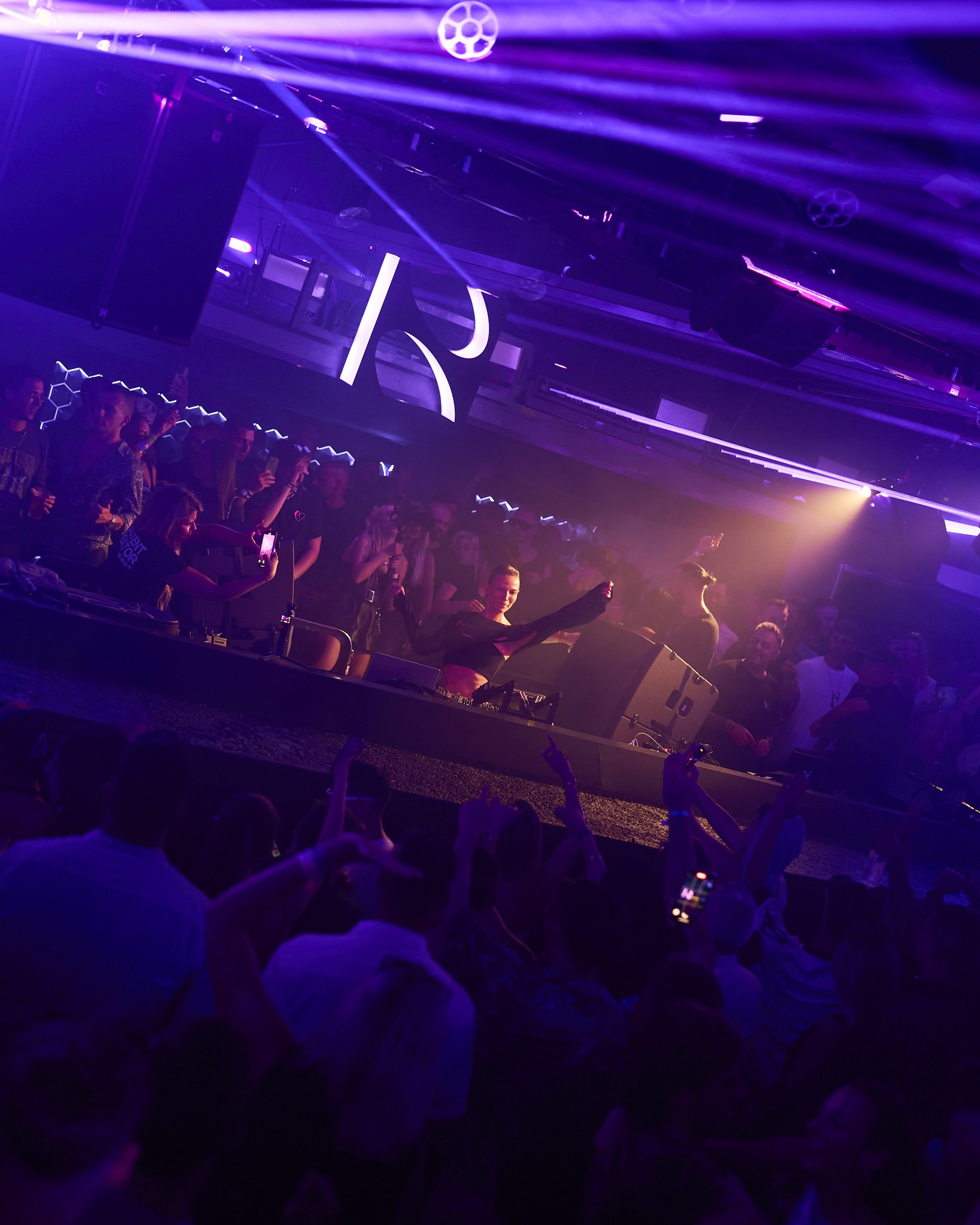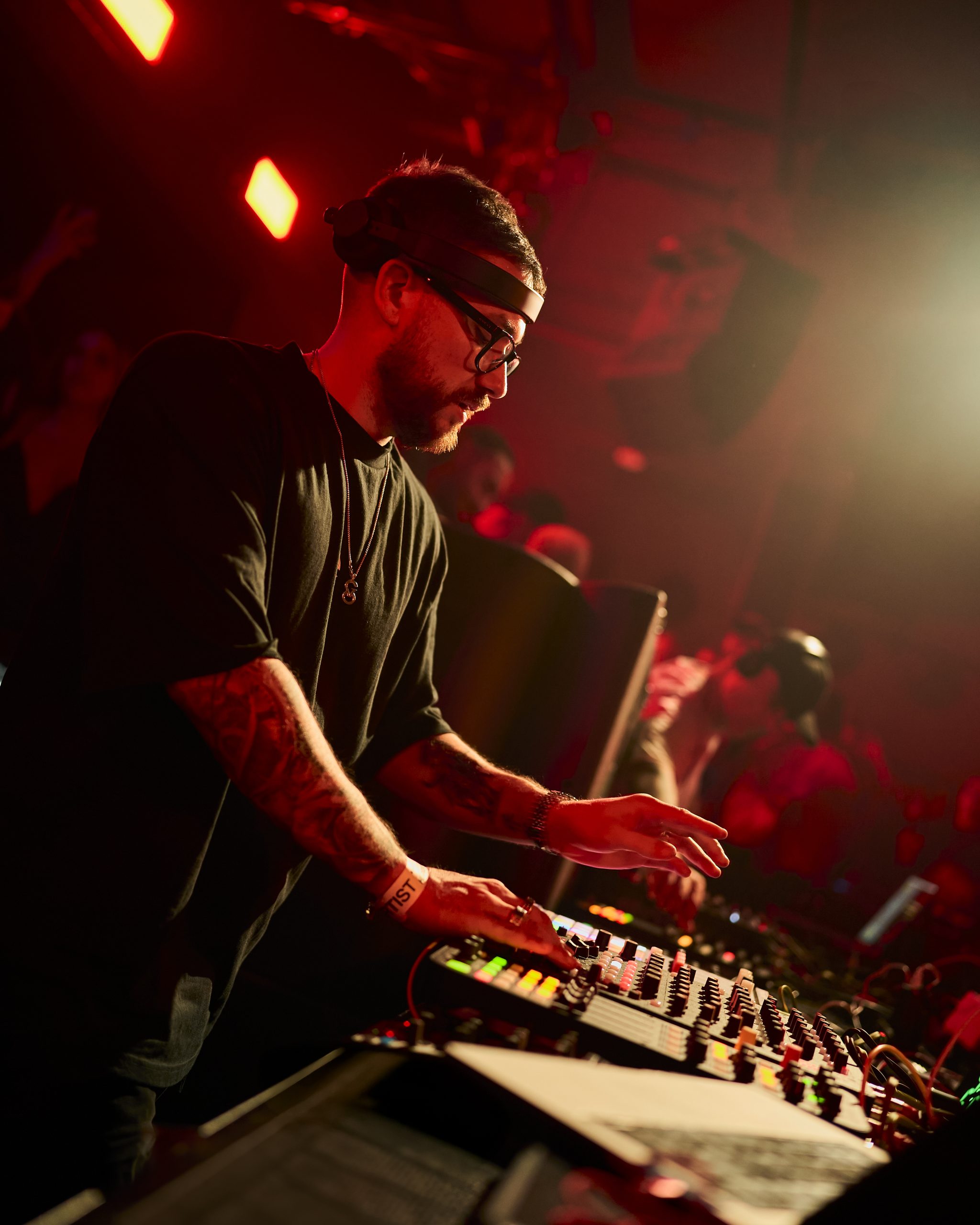INTERVIEW MELANIE RIBBE VS IGLESIAS.
MELANIE RIBBE – Questions by Iglesias, answers by Melanie Ribbe
You grew up between Germany and Jamaica. How does that heritage influence the actual sound design or groove in your productions?
Growing up between Germany and Jamaica gave me this beautiful duality in my musical soul. From Germany, I absorbed precision, structure, and the hypnotic minimalism & roots of European Techno. From Jamaica, it was all about rhythm, basslines that move your entire body with a deep sense of groove and soul. So even in my tech-house tracks, you’ll often hear a kind of swing or organic pulse that’s very much rooted in my Jamaican side—while the synth work and arrangement lean into that sharp, German discipline.
You started mixing on cassette tapes at age 8. What lessons from those early bedroom mixes still show up in your studio production and DJ sets today? Also I never had cassettes haha, so tell me about how that actually works when mixing cassettes?
That is when the early obsession was born with sound and arrangement. I didn’t actually “mix” cassettes like a DJ would, but I would record from the radio, over them, rewind, layer things in crude ways, and that gave me a sense of how music could flow and transition perfectly. The discipline to wait by the radio all day after school with a blank tape, counting the beats “1, 2, 3, 4” and pressing “REC“ at the perfect starting point, and ending the “recording“ when it felt right—on the right ending beat—to be able to record the next matching song ‘on beat,’ creating a flowing, harmonic mixtape. The main lesson that’s stayed with me is: trust your ear, not the waveform. Today, I still rely on how something feels before I let it go—whether it’s in a live set or a final master.
You once spoke out about the value of authentic talent over social media metrics. What is your approach to social media, how do you feel it impacts or benefits your music career and do you think followers link to more bookings?
Social media is a tool—nothing more, nothing less. It can help you build a connection with your audience, and yes, sometimes very few promoters use it as a metric, but for me, it’s always been about the music and the energy I bring to a club. Personally, I’d rather have 100 true fans who actually come to the gigs and buy the records than 100,000 who just double-tap. Authenticity always has a longer shelf life than algorithms. That’s something I stand by.
Do you prefer to make music alone or with other artists as a collaboration and when you do collaborate with other artists, what do you feel is your strongest skill set and area of the track that you bring to the table?
I love both. Creating alone gives me that meditative space where I can go really deep into my own world, which I enjoy a lot, but collaborations—when they’re with the right energy—can be magical too. I think my strongest contribution in collabs is groove and arrangement. I can take a basic idea and turn it into a full experience on the dancefloor. If I had one option though, I probably would choose to produce alone.
You mentor and showcase emerging talent through Agápe Muzik. Looking back to when you were learning production, what single piece of advice would you tell your younger self and what would you warn her about?
I’d tell my younger self: Don’t rush the process. Mastery takes time, and comparison will kill your creativity. What I’d warn her about is chasing trends or trying to please too many people. When you make music that’s truly you, the right audience will find you. Also, take care of your mental health—it’s easy to burn out when you’re trying to “make it.”
If you were commissioned to create a time capsule representing today’s tech-house scene, which object, sound sample, or artifact would you choose and why?
If I were commissioned to create a time capsule representing today’s tech-house scene…I’d include a field recorder with hours of ambient sound from inside the world’s most iconic clubs and festivals—think sunrise timeless grooves on the beach in Sunwaves Mamaia, Romania, to hot Ibiza peak time, the low-end rumble from Fabric, or the reverb-soaked claps echoing through a warehouse in Berlin. Not just the music, but the crowd noise, the tension before a drop, the release when it hits—that raw energy is what defines tech-house culture right now.
I’d also drop in a worn-out pair of USBs and a handwritten tracklist from a sunrise minimal set. Because as much as we talk about gear and plugins, it’s still about the human behind the decks, shaping moments in real time. A Sennheiser HD-25 headphone and a Polaroid with my crew.
And maybe a sweaty backstage wristband—because if you know, you know.
Describe your most bizarre “misplaced” moment on tour, like showing up in the wrong city or gig, and what that taught you.
Well, luckily nothing too significant has happened. I remember DJing in a country where “bad words or foul language” are considered illegal, and I didn’t know most of the songs’ break lyrics were going to shout illegal words. My face turned tomato red and I said sorry to the crowd, then turned around to the promoter saying sorry, with a very embarrassed look. Only to quickly change to the next track… with some similar raunchy lyrics by accident. Haha.
Also, there were many times I’ve been stuck in cities through connections, sleep-deprived, and put on standby for the second leg of the trip—up to 3 different flights sometimes. Only then to arrive exhausted, taking a taxi to a hotel that won’t let you check in for another 4 hours… but that’s the time you needed to sleep before your next show.
I never rely solely on certainty. Touring is beautiful chaos—you have to stay sharp and be prepared for any and everything.
Tequila or a glass of wine?
Usually Tequila before the set. Wine for dinner on weekends. Balance is everything. Though currently, I’m enjoying an alcohol-free rider—only Ginger Shots & Ginger Beer (non-alcoholic beverage of my Jamaican childhood).
Your album Phoenix is a narrative arc of rebirth. If a track on that album were your guide to a parallel dimension, which one would it be, and where would it take the listener?
It would be “Mamaia.” That track feels like you’re stepping into a parallel world where everything is familiar—but shifted. A lot of light, and it hits differently. Time feels slower, and there’s this sense of freedom and clarity through minimalism. That’s what rebirth is to me—not becoming someone new, but remembering who you truly are.
Finally, you are married to one of the best techno/tech house artists in the industry—who gets priority over the studio at the house haha!
Haha, it depends who has a deadline! But honestly, we work around each other with a lot of respect. It’s less about priority and more about flow—if someone’s in the zone, the other steps back. It’s a rhythm we’ve learned to dance together. Some of the best ideas happen when we share the space. However, I do use the studio much more than him since we moved in. It’s definitely my happy corner—apart from the sofa.
IGLESIAS – Questions by Melanie Ribbe, answers by Iglesias
At what age did you discover the art of DJing, and what inspired you to take your first steps into it?
Funnily enough, I was fairly late to the game! But if I take it way back, I remember when my sister got her first iPod classic (at that point I was sitting by the wall, with my mini-disk plugged in ripping Sum 41 records onto it haha). She used to let me borrow it and listen to her collection which was extremely broad. I was lucky enough to have a sibling that was into music like I was, but who also shared artists that I hadn’t heard of before. A lot of this was either Punk or 80s Disco. If I jump forward to around the age of 16 and going to house parties I was kinda considered ‘that guy in charge of the Aux cable’ hahaha. I didn’t really know much about DJing at all – all that I knew was that I loved music and being in control of making people dance or be happy.
I was about 17 years old when I purchased a little Mixtrack Pro. It was just a midi controller that I hooked up with Traktor and used to play at house parties for friends. When I was mixing one track into another I knew DJing was for me. I didn’t know people got paid for it though! I was so naive to all of that – I just knew it was a lot of fun.
How did you learn to DJ and produce, and in which order? Did you have any help with the basics at the beginning? And later on, did any established DJs or promoters from the scene support you?
I taught myself to DJ on various controllers. I actually still get ‘memories’ on Facebook pop up of me using the old controllers such as the mix track pro or a Pioneer t1 – so this is going back around 14 years. I was mixing either dubstep or books techno back then though! It wasn’t until I went to Ministry of Sound for the first time when I was 18 that I met a guy called Harry Allen who was a music producer and had a studio in London – we got along and he invited me back to his studio and he showed me a couple things in Logic. From that day on I was messing around making loops and creating records.
When I was 22 I went to Point Blank in London, where I spent a year learning the fundamentals of music production and Sound Design. I had incredible tutors there and their passion was passed onto me, so I really do owe a lot to the team there. I even remember an assignment they gave us where we had to write an entire track only using Massive and sculpting sounds from white noise – no presets back then!
To keep things brief about establish DJs supporting me; I used to run some parties at University where I booked artists such as wAFF, Steve Lawler, Solardo, Latmun and so on. Me and Joe (Latmun) hit it off and became really close friends – he really started to push me and invited me to his shows and introducing me to key people in the scene. He already knows how much he helped me in the early days, but if you are reading this Joe – I appreciate you bro!
Which DJs influenced you and helped shape your sound?
A big part of my early career was influenced by the sound of Music On in 2014/15. I was obsessed with that straight groove tech house and that has definitely continued on in my career. I’ve spoken about this before in another interview, but I remember myself and Latmun going to Music On one weekend and hearing Marco drop a version of Kerri Chandler’s Heal My Heart and thinking – I recon I could do one better haha. I went home and made something 2 days later. Me and Latmun flew out to Ibiza the following weekend and stood in Amnesia when Marco dropped it. It was the most incredible feeling – I have goosebumps right now thinking about it!
Later on in my career I sent some music to Paco Osuna and we got chatting and have now become really close friends. He has been a great mentor for me over the last five years or so -and I cannot thank him enough for his advice and guidance in this crazy industry.
Many new artists take time to define their genre or musical direction. Did you experiment with other styles? For how long, and what made you eventually settle on your current sound?
I think a lot of people know about my passion for Punk! Unfortunately I can only play the drums and not well enough to be in a band, so that went out the window early on lol. But I love heavy snares in punk rock music and the style of heavy compression that is applied to drums, so that has helped define my style and sound. My fans know me for my drums, patterns and groove – that love for punk rock has helped evolve my music over the years and made my sound what it is today.
When people say they have been making music for 10 years they often mean for a couple of hours a week. I have been making music for over 10 years…from the moment I wake up to the moment I go to sleep! So I have definitely taken the time to define my sound.
I was experimenting with playing techno and dubstep at the start. The dubstep influence can be heard in the weird noises and synth stabs I add into my records and the techno side can be heard in the heavy kicks that I have in my tracks.
To answer the last part of your question I am not sure how I settled on the current sound I have now. I just like it 🙂 I make music for myself, if it resonates with others then that is a bonus.
What’s the longest solo set you’ve ever played?
Oh god I dunno! For a club set it’s around 6-7 hours. But I used to loooooove house parties at University and I would be the DJ playing from the moment we started and would finish when the police came knocking haha.
When was your first official paid gig, and how much did you earn? (you don’t have to answer if you don’t want but transparency is beautiful too)
The first official paid gig was for a promoter in Bournemouth who used to run a couple of festivals and an event called Treatment – to this day, it’s still the best name for a party haha! I got it through blagging I knew how to use the latest CDJs (I didn’t) and managed to play an entire set for them. I’m pretty sure it went down really well as I continued to play for them throughout university. I think I was paid with a pack of cigs – I was happy with anything back then!
Do you prefer DJing or producing? I imagine you’ll say both, but if you had to choose only one—and both paid the same—what would it be?
If you would have asked me this a few years ago I would have said producing. The reason for this was that I genuinely find traditional DJing quite boring. Most people can mix one record into another now and so I felt like DJing was becoming over saturated. I was playing with 3 CDJs and Soundbite Pro and I still wasn’t enjoying it. The thing is I have ADHD and other ‘isms’ lol, so if my brain isn’t working at 1000 miles an hour I get bored.
I now play on a fully hybrid-live set up, which is soooo much fun. There are so many different things I can do and create in moments of madness that just keeps things interesting when I am DJing. It is like I have finally found a way to bridge the gap between producing and DJing. So for sure, I much prefer touring and DJing now!
If you weren’t a DJ/artist, what other career path might you have taken realistically? And what job did you dream of doing as a kid?
I was randomly really good at cricket when I was at school lol. I used to play in the U18s when I was 13 and I toured around the UK and India, which was crazy at the time. I was taught by the England cricket coach and I absolutely loved it. Unfortunately when I was growing up my ADHD was pretty bad and I would lose concentration very quickly when standing on the field for hours on end. When I came across DJing it was a game over. As you can imagine, my parents weren’t impressed when I told them I didn’t want to play cricket for my country and instead wanted to party in sweaty underground clubs with a couple hundred people!
But yeah, would have been either playing Cricket or a session drummer.
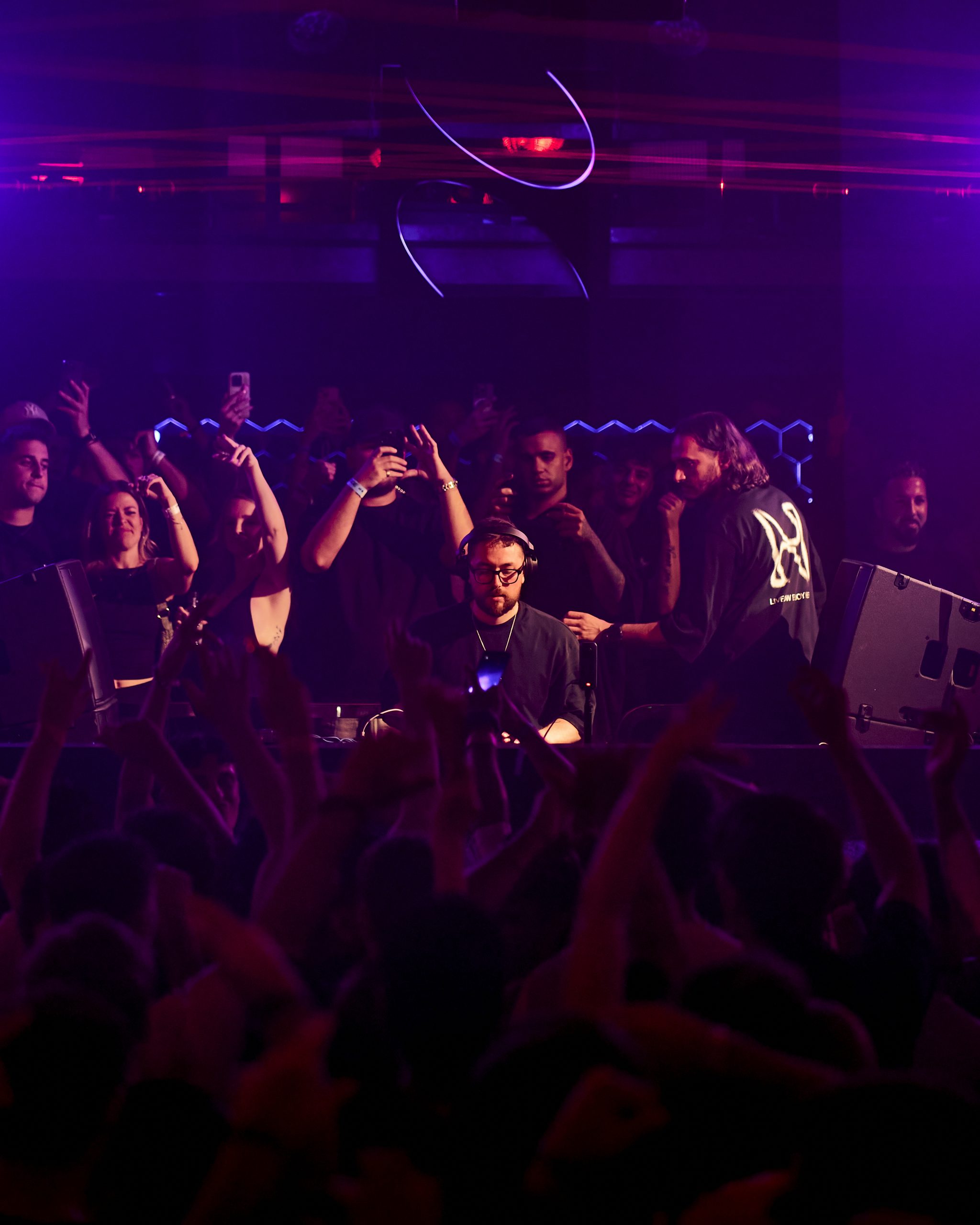 What are your thoughts about the music and dj industry, in all aspects, comparing it to the past and the present
What are your thoughts about the music and dj industry, in all aspects, comparing it to the past and the present
The industry is always changing and I am all for it. There are certainly things that I don’t enjoy about it such as constant phones out in raves and social media in general but that is because I grew up not doing that. I would never take my phone out for a photo or take a video of a DJ (though I kinda wish I did now for a couple memories) – I would prefer to live in the moment.
I think the industry is moving in a positive direction for sure, but one thing that I think a lot of new artists lack is experience and time. They expect things to happen overnight, and then often resort to AI tools, social media and purchasing fame to speed that process up for themselves.
I can’t compare it to 20 years ago, as I was 11 years old then lol, but in the time that I have been in this industry I have enjoyed it’s changes and progression as it has only forced me to learn new things and push myself as an artist.
If you had the power to change three things about the industry, like a fictional superhero with a power, what would they be?
This is a hard one! Not that there’s loads I would change, but because no one’s ever asked me a question like this before hahaha.
Firstly I’d shine a light on every talented DJ and producer, regardless of gender, race, location, or how many followers. Too much of the scene still favors who you know or where you’re from. My Equal Exposure Beam would level the playing field, letting raw skill and unique sound take the spotlight.
Secondly, I’d ensure fair pay across the board – from DJs playing packed rooms at 4am, to the underground producers fueling the scene with unreleased music. No more “play for exposure” or getting paid a £100. Passion alone doesn’t pay rent.
Lastly, I’d have some kind of no-ego forcefield lol. I’d cast a forcefield that basically deflects DJs shitty egos. The underground scene was built on community, not clout. My power would bring the focus back to connection, collaboration, and pure love for the music.
